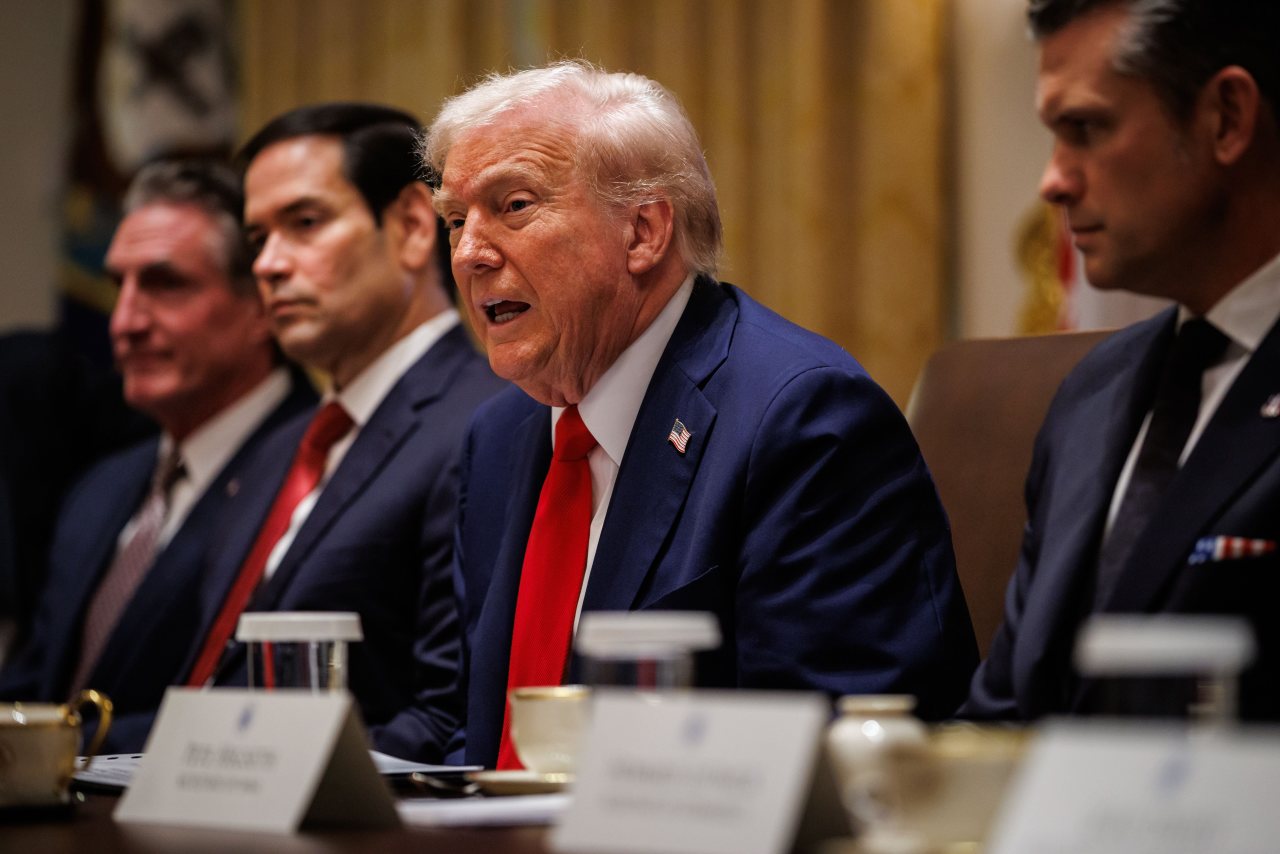Former U.S. President Donald Trump has unveiled a new peace initiative aimed at addressing the ongoing tensions in Gaza. This plan marks a significant departure from the approach taken by the Biden administration, placing greater emphasis on Israel’s security as a central tenet of U.S. foreign policy in the region.
Under Trump’s proposal, unveiled in early October 2023, the U.S. seeks to redefine its role in the Middle East by prioritizing Israel’s safety and strategic interests. The plan includes provisions for military support and intelligence sharing, a move that has garnered both support and criticism from various political factions.
Policy Shift and Strategic Implications
In a marked shift from the previous administration, Trump’s approach focuses heavily on Israel’s defense capabilities. The initiative proposes increasing U.S. military funding to Israel by $3 billion annually over the next five years, aimed at strengthening its defense systems against threats from Gaza-based groups. This funding, described as essential for maintaining Israel’s qualitative military edge, underscores the administration’s commitment to Israel’s long-term security.
The plan also suggests enhancing diplomatic relations with moderate Arab states to create a united front against extremist factions in Gaza. It aims to foster cooperation in intelligence and counterterrorism efforts, positioning Israel as a key ally in a broader Middle Eastern strategy.
Critics of the plan argue that this new direction may exacerbate tensions in the region. They caution that prioritizing Israel’s military needs could lead to further marginalization of Palestinian interests and rights. Advocates for Palestinian statehood express concerns that the peace deal lacks a balanced approach necessary for lasting stability.
Potential Reactions and Future Prospects
Responses to Trump’s proposal have been mixed. Some Israeli officials praised the plan, viewing it as a necessary step towards enhancing their national security. Conversely, Palestinian leaders have condemned it, arguing that it fails to address the fundamental issues at the heart of the conflict.
Political analysts suggest that the success of this peace initiative will depend heavily on the reaction from the international community and whether the plan can garner bipartisan support within the U.S. Congress. As October 2023 progresses, the unfolding political landscape will be critical in determining the viability of this ambitious peace proposal.
As Trump navigates this complex issue, the implications of his decisions resonate far beyond the borders of Israel and Gaza, touching upon global security and diplomatic relations. The coming months will reveal whether this new approach to peace can foster a more stable and secure future for the region or if it will further complicate an already intricate situation.







































































